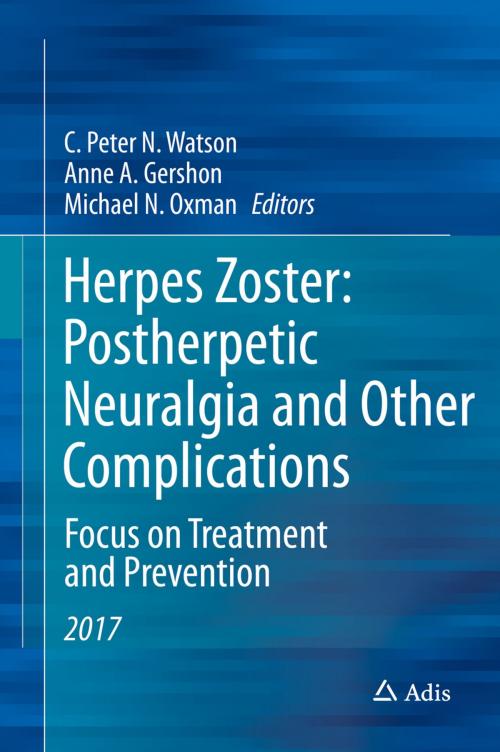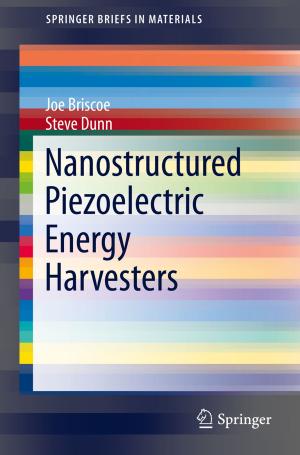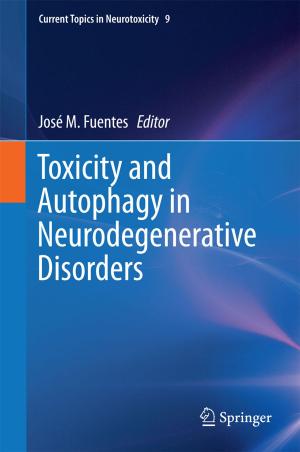Herpes Zoster: Postherpetic Neuralgia and Other Complications
Focus on Treatment and Prevention
Nonfiction, Health & Well Being, Medical, Medical Science, Microbiology, Patient Care, Pain Medicine| Author: | ISBN: | 9783319443485 | |
| Publisher: | Springer International Publishing | Publication: | April 4, 2017 |
| Imprint: | Adis | Language: | English |
| Author: | |
| ISBN: | 9783319443485 |
| Publisher: | Springer International Publishing |
| Publication: | April 4, 2017 |
| Imprint: | Adis |
| Language: | English |
Representing a state-of-the-art appraisal of this viral infection and its complications, this book comprises contributions from international authorities in infectious diseases, varicella-voster virus infections, and neuropathic pain. Important new information is presented on the role of the virus in terms of vascular risk, notably in heart attack, stroke and granulomatous angiitis (temporal arteritis). Similarly, new information on gastrointestinal involvement, often in the absence of rash and as seen with vasculopathies, is covered. The reader will benefit from new research into the pathology, pathophysiology and treatment of postherpetic neuralgia and its complications, and special attention is paid to prevention through zoster vaccination using the current zoster vaccine, and a novel, broader option that can be used in immunocompromised patients.
This book follows the two editions of the book, Herpes Zoster and Postherpetic Neuralgia, and is divided into sections for the convenience of the reader. A section on herpes zoster includes epidemiology and natural history of the varicella zoster virus, herpes zoster ophthalmicus, neurological complications, the role of varicella zoster virus in giant cell arteritis, concern about increased vascular risk of heart attack and stroke, antiviral therapy, and treatment of skin manifestations. A section on postherpetic neuralgia includes important information on the effect of herpes zoster and postherpetic neuralgia on quality of life, the neuropathology and pathophysiological mechanisms in postherpetic neuralgia, and the new concept of persistent ganglionitis as the cause of postherpetic neuralgia. A comparison is made between facial postherpetic neuralgia and trigeminal neuralgia. There is an extensive section on treatment, including the role of opioids, the general treatment of postherpetic neuralgia, intervention and neurosurgical approaches, and covering guidelines for clinical trial designs in postherpetic neuralgia. A final section addresses the questions of whether aggressive treatment of acute herpes zoster can prevent postherpetic neuralgia and includes a critically important chapter on herpes zoster vaccines.
Representing a state-of-the-art appraisal of this viral infection and its complications, this book comprises contributions from international authorities in infectious diseases, varicella-voster virus infections, and neuropathic pain. Important new information is presented on the role of the virus in terms of vascular risk, notably in heart attack, stroke and granulomatous angiitis (temporal arteritis). Similarly, new information on gastrointestinal involvement, often in the absence of rash and as seen with vasculopathies, is covered. The reader will benefit from new research into the pathology, pathophysiology and treatment of postherpetic neuralgia and its complications, and special attention is paid to prevention through zoster vaccination using the current zoster vaccine, and a novel, broader option that can be used in immunocompromised patients.
This book follows the two editions of the book, Herpes Zoster and Postherpetic Neuralgia, and is divided into sections for the convenience of the reader. A section on herpes zoster includes epidemiology and natural history of the varicella zoster virus, herpes zoster ophthalmicus, neurological complications, the role of varicella zoster virus in giant cell arteritis, concern about increased vascular risk of heart attack and stroke, antiviral therapy, and treatment of skin manifestations. A section on postherpetic neuralgia includes important information on the effect of herpes zoster and postherpetic neuralgia on quality of life, the neuropathology and pathophysiological mechanisms in postherpetic neuralgia, and the new concept of persistent ganglionitis as the cause of postherpetic neuralgia. A comparison is made between facial postherpetic neuralgia and trigeminal neuralgia. There is an extensive section on treatment, including the role of opioids, the general treatment of postherpetic neuralgia, intervention and neurosurgical approaches, and covering guidelines for clinical trial designs in postherpetic neuralgia. A final section addresses the questions of whether aggressive treatment of acute herpes zoster can prevent postherpetic neuralgia and includes a critically important chapter on herpes zoster vaccines.















